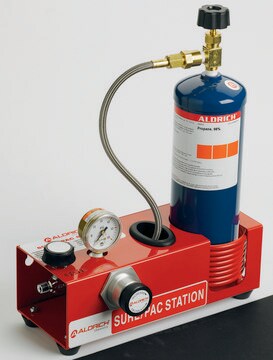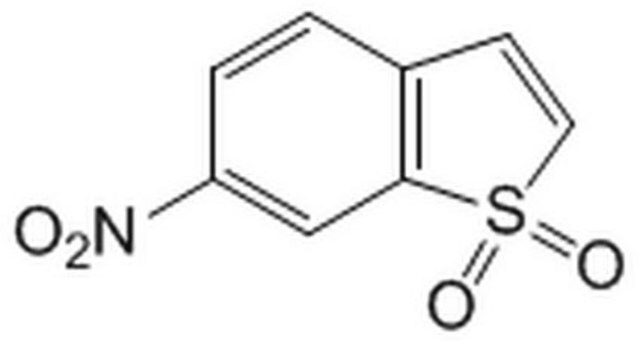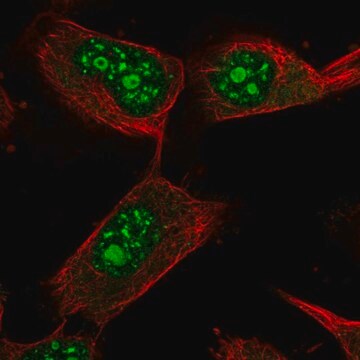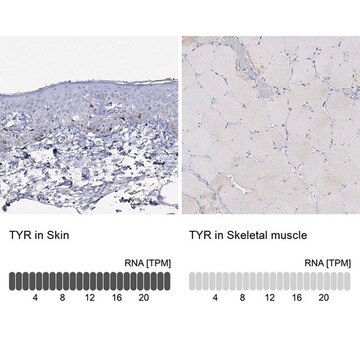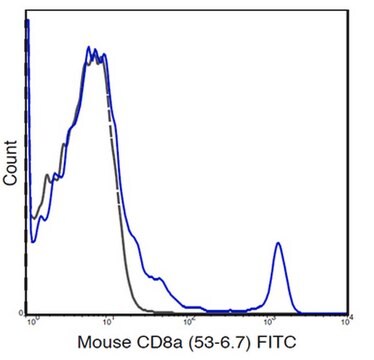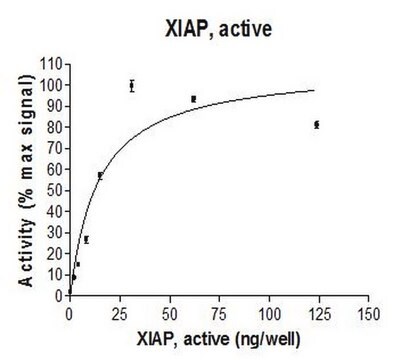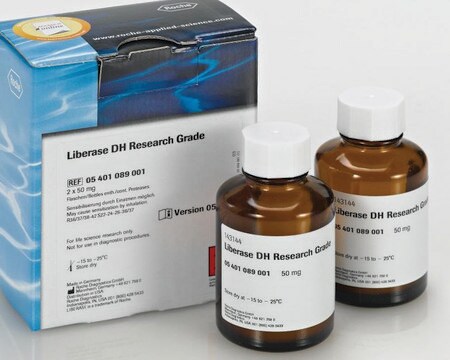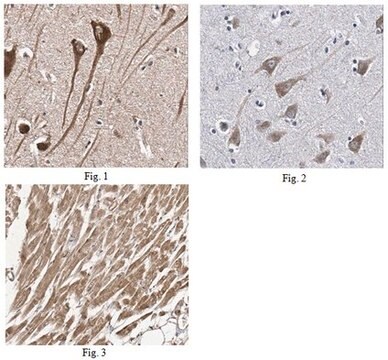HPA012082
Anti-USP36 antibody produced in rabbit
Prestige Antibodies® Powered by Atlas Antibodies, affinity isolated antibody, buffered aqueous glycerol solution
同義詞:
Anti-Deubiquitinating enzyme 36, Anti-Ubiquitin carboxyl-terminal hydrolase 36, Anti-Ubiquitin thioesterase 36, Anti-Ubiquitin-specific-processing protease 36
About This Item
推薦產品
生物源
rabbit
品質等級
共軛
unconjugated
抗體表格
affinity isolated antibody
抗體產品種類
primary antibodies
無性繁殖
polyclonal
產品線
Prestige Antibodies® Powered by Atlas Antibodies
形狀
buffered aqueous glycerol solution
物種活性
human
技術
immunofluorescence: 0.25-2 μg/mL
immunohistochemistry: 1:20-1:50
免疫原序列
DSLVHSSNVKVVLNQQAYVLFYLRIPGSKKSPEGLISRTGSSSLPGRPSVIPDHSKKNIGNGIISSPLTGKRQDSGTMKKPHTTEEIGVPISRNGSTLGLKSQNGCIPPKLPSGSPSPKLSQTPTHMPTILDDPGKKVKKPAPP
UniProt登錄號
運輸包裝
wet ice
儲存溫度
−20°C
目標翻譯後修改
unmodified
基因資訊
human ... USP36(57602)
一般說明
免疫原
應用
The Human Protein Atlas project can be subdivided into three efforts: Human Tissue Atlas, Cancer Atlas, and Human Cell Atlas. The antibodies that have been generated in support of the Tissue and Cancer Atlas projects have been tested by immunohistochemistry against hundreds of normal and disease tissues and through the recent efforts of the Human Cell Atlas project, many have been characterized by immunofluorescence to map the human proteome not only at the tissue level but now at the subcellular level. These images and the collection of this vast data set can be viewed on the Human Protein Atlas (HPA) site by clicking on the Image Gallery link. We also provide Prestige Antibodies® protocols and other useful information.
生化/生理作用
特點和優勢
Every Prestige Antibody is tested in the following ways:
- IHC tissue array of 44 normal human tissues and 20 of the most common cancer type tissues.
- Protein array of 364 human recombinant protein fragments.
聯結
外觀
法律資訊
免責聲明
未找到適合的產品?
試用我們的產品選擇工具.
儲存類別代碼
10 - Combustible liquids
水污染物質分類(WGK)
WGK 1
閃點(°F)
Not applicable
閃點(°C)
Not applicable
個人防護裝備
Eyeshields, Gloves, multi-purpose combination respirator cartridge (US)
我們的科學家團隊在所有研究領域都有豐富的經驗,包括生命科學、材料科學、化學合成、色譜、分析等.
聯絡技術服務